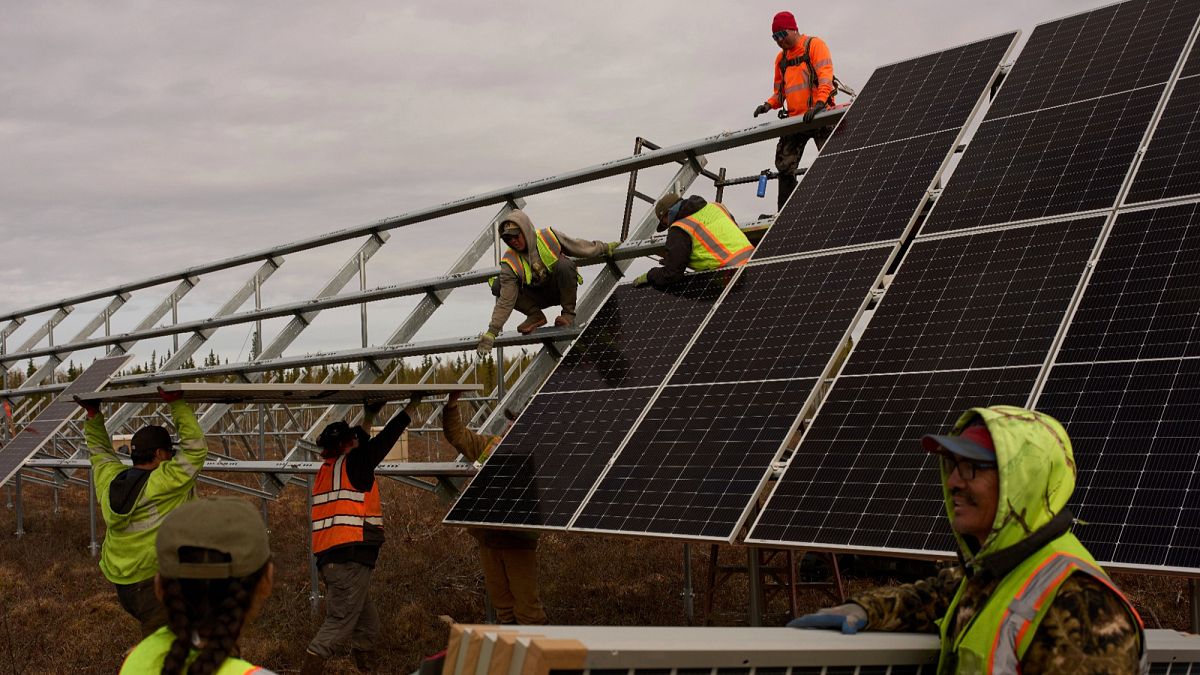

The global landscape of energy development and climate conditions is currently at a significant crossroads, marked by both encouraging shifts and formidable challenges. As nations progress towards more sustainable futures, recent studies reveal promising trends in renewable energy costs, while weather patterns bring attention to the urgent need for continued collective action.
According to recent United Nations reports, over 90% of new renewable energy projects have now become more economically viable than traditional fossil fuel sources. This development signifies a “positive tipping point” in the world’s transition to cleaner energy, demonstrating that sustainable energy solutions are not just environmentally necessary but also financially advantageous. Solar and wind energies, in particular, have seen drastic reductions in costs, allowing nations to adopt green technologies more readily.
This transition is progressively reshaping how energy is harnessed and utilized globally. Governments and businesses alike are investing in renewables as a viable alternative, bolstering the fight against climate change by reducing dependency on fossil fuels. This shift is not only beneficial for the environment but also robustly supports economic resilience by providing energy security and creating job opportunities in green technology sectors.
However, alongside these advances, the world continues to contend with the consequences of climate change as reflected in recent weather events. In Cyprus, a notable heatwave prompted a significant weather alert, with temperatures forecasted to reach up to 41°C. The intense heat is projected to subside later in the week, providing temporary relief. Such climatic conditions highlight the increased frequency of extreme weather, likely linked to broader shifts in climate patterns.
Furthermore, the Mediterranean region is experiencing a severe marine heatwave, which has raised concerns among scientists due to its potential impact on marine life. Sea surface temperatures around Spain and Portugal have soared, consistently exceeding 30°C since late June. These elevated temperatures pose a threat to marine ecosystems, further emphasizing the critical need for vigilant monitoring and protective measures against ongoing climatic shifts.
This juxtaposition of advancements in sustainable energy and the challenges posed by emerging weather patterns underscores the current state of climate dynamics. While the strides in renewable technology provide hope and demonstrate progress towards sustainable living, the unfolding weather phenomena stress the importance of continued efforts in addressing climate impacts.
The global community is faced with a dual imperative: to persist in the cultivation and adoption of clean energy while also fortifying efforts in climate adaptation and mitigation. This multi-faceted approach ensures that as we tread the path to a more sustainable future, we do so with both progress and preparedness, striving for a harmonious balance between technological advancement and environmental stewardship.
Source: {link}
